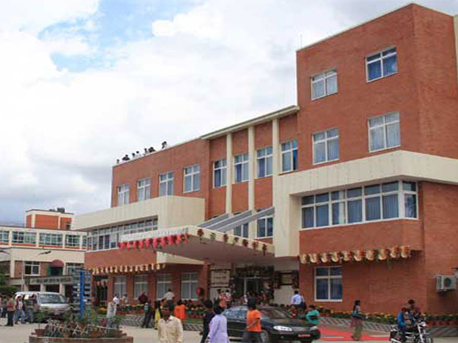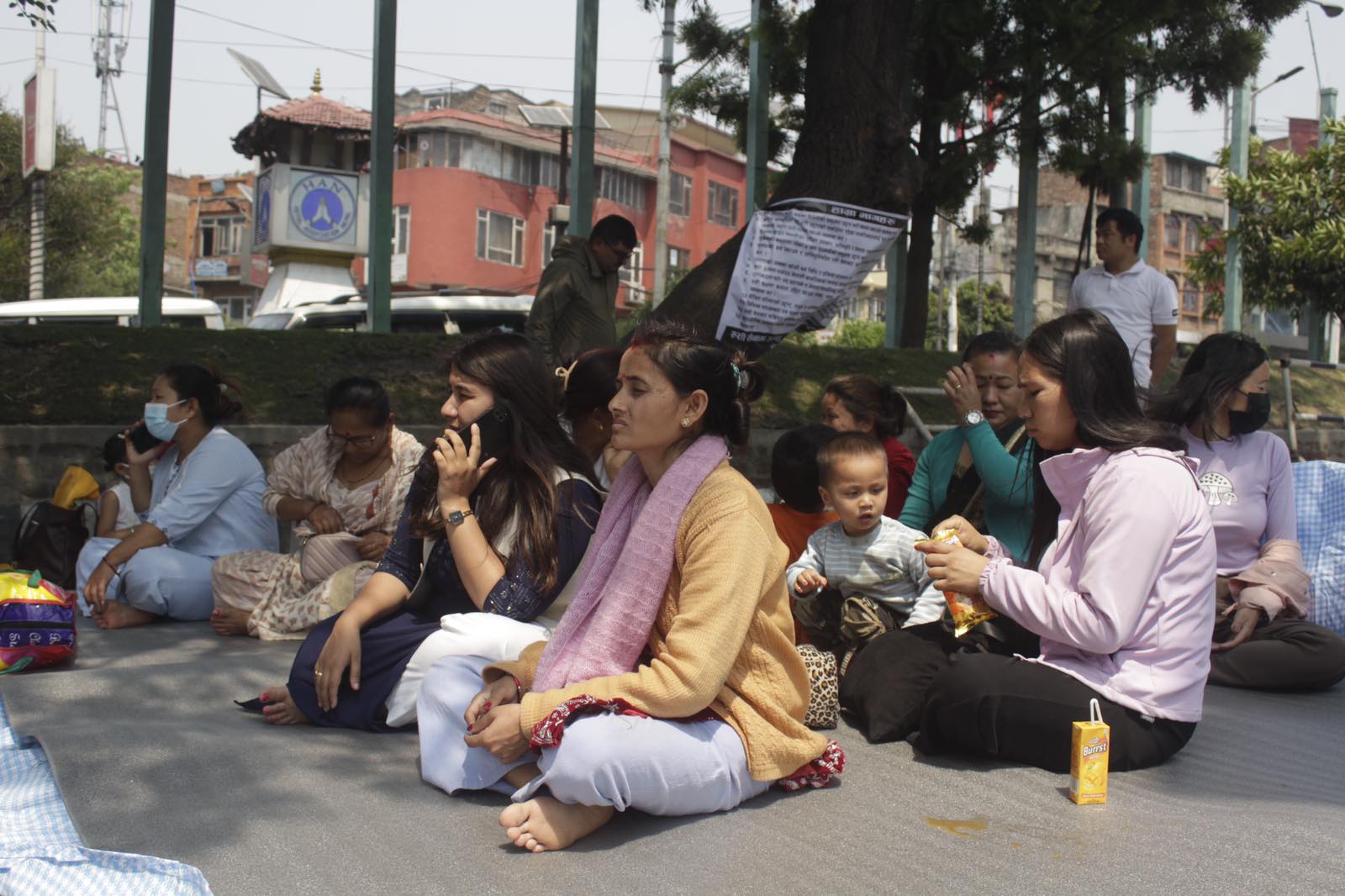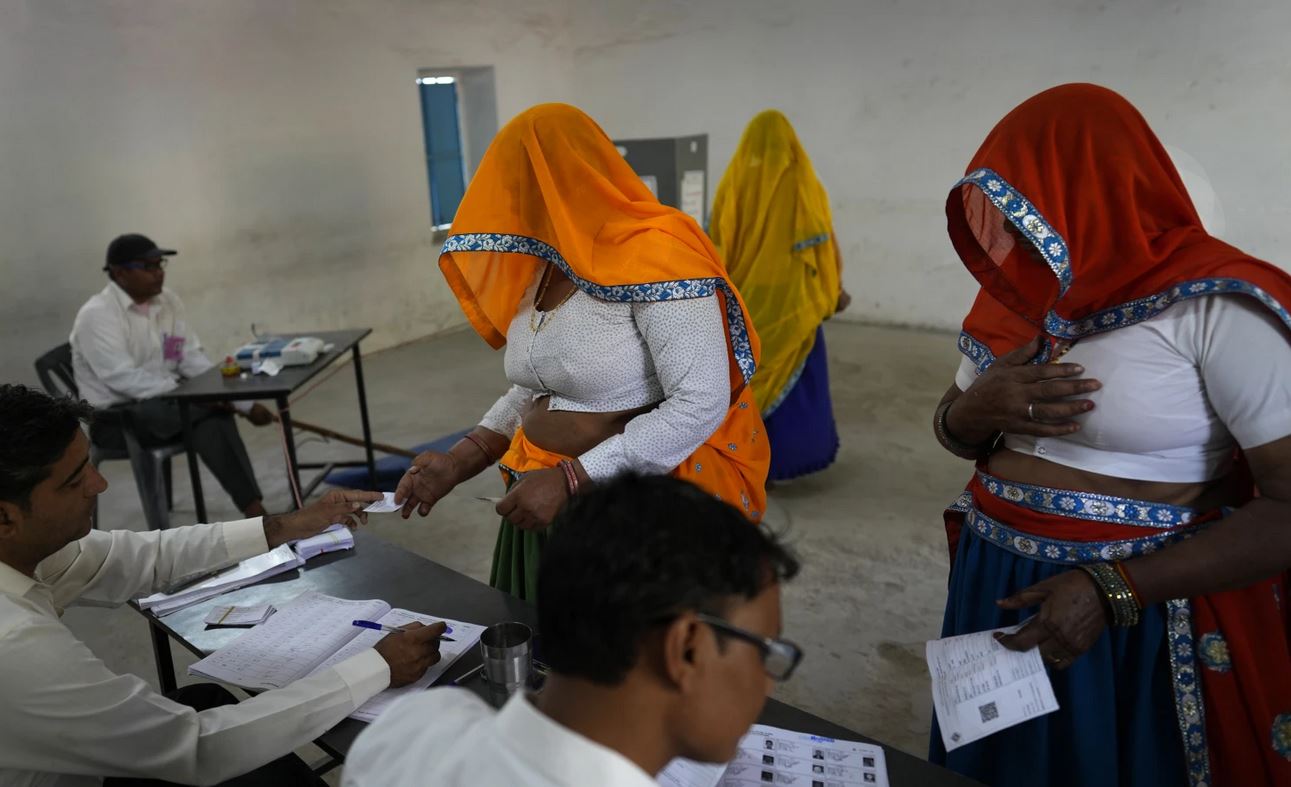
OR
Rot runs deep
Published On: November 20, 2019 09:30 AM NPT
Most private medical colleges in Nepal are behaving as if they are above the law. They do not comply with the fee ceiling set by the government for MBBS students. They charge exorbitantly high fees—several folds higher than the fee structure set by the government—to the students. When the students raise voice against this, they threaten to shut down colleges. For the last one month, this is what is happening. Students across the country have been protesting against the medical colleges for charging way too high amount of fees and demanding that they return the extra charges. Medical colleges have not complied. The government issued ultimatum to these colleges directing them to return the extra fees to the students. They are reluctant. In this context, government authorities seem to have started to take tough actions against those colleges. Prime Minister Oli has also assured that they will be held accountable. On Sunday, the Department of Money Laundering Investigation raided National Medical College (NMC) of Birgunj to investigate the income of the medical college, in response to the complaints by students that medical colleges have been charging additional fees. Any step to hold the colleges who are duping students on various pretexts is welcome and the government should launch investigation over all those who have been accused of cheating the students. But, it appears imposing high amount of fees is only one part of the foul game happening in Nepal’s private medical education sector. In fact, the rot runs deep.
Republica has found that, the officials responsible to hold the medical colleges to account are themselves complicit in irregularities. According to our report, officials of Tribhuvan University charge medical colleges even for their taxi fares and food and lodging expense when they visit these colleges for inspection. Evidence shows that they have been charging as much as Rs 300,000 from a medical college each year in the name of allowances and other expenses involved in the visit for monitoring purpose. For example, a college is asked to provide Rs 5,000 a day to each member of the monitoring team as honorarium, Rs 14,000 as taxi fare, Rs 6,905 as refreshment allowance, Rs 36,160 as transportation cost and Rs 11,603 as other expenses. Some of the colleges, which have been asked for money, are those which are collecting exorbitant fees from the students. In return, the monitoring officials do not show any faults even as medical colleges may not have fulfilled necessary criteria or enrolled students more than the capacity approved by the TU. This shows why medical colleges are not ready to play by the rule book of the state: They think they can get away because they have bribed the officials. Inspecting colleges is a part of their job. Taking money for this purpose is illegal. They should be held accountable for the misdeed.
It goes without saying that such irregularities are happening in collusion with political parties—ruling party in particular. The owner of National Medical College in Birgunj, Basaruddin Ansari, for example, is reportedly enjoying protection from the Prime Minister himself. If we are to check the irregularities happening in medical sector, the government should be bold enough to punish every actor—no matter which party they are affiliated with. The government must be able to rein in all those who are complicit in irregularities. In medical sector, the rot runs deep. The government needs to get to the bottom to clean the mess.
You May Like This

'Barrier' policy for MBBS/BDS students questioned
KATHMANDU, Oct 11: It has been disclosed that a significant number of MBBS and BDS (Bachelor in Dental Surgery) students are... Read More...

MBBS classes at IOM delayed by a month
KATHMANDU, Dec 11: Prospective MBBS students at medical colleges under the Institute of Medicine (IOM) have to wait for one more... Read More...

Panel to monitor, coordinate MBBS entrance exams
KATHMANDU, Dec 26: The Ministry of Health (MoH) has formed a committee to look into the concerns regarding the MBBS... Read More...

Just In
- Indians vote in the first phase of the world’s largest election as Modi seeks a third term
- Kushal Dixit selected for London Marathon
- Nepal faces Hong Kong today for ACC Emerging Teams Asia Cup
- 286 new industries registered in Nepal in first nine months of current FY, attracting Rs 165 billion investment
- UML's National Convention Representatives Council meeting today
- Gandaki Province CM assigns ministerial portfolios to Hari Bahadur Chuman and Deepak Manange
- 352 climbers obtain permits to ascend Mount Everest this season
- 16 candidates shortlisted for CEO position at Nepal Tourism Board






_20220508065243.jpg)











Leave A Comment